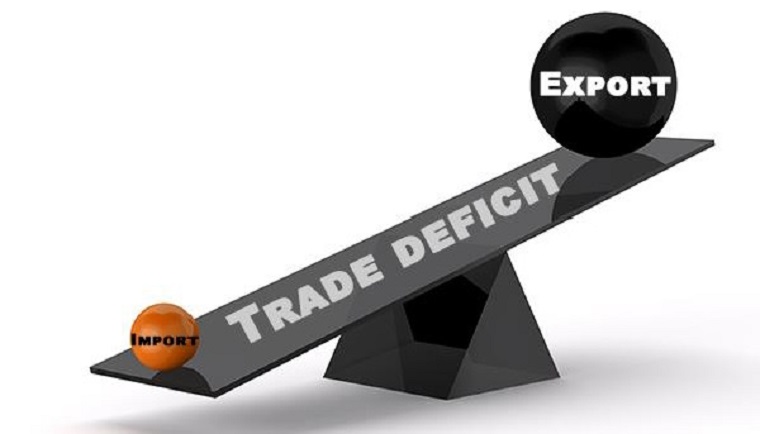 Zimbabwe’s trade deficit narrowed significantly in the first three months of 2019, following a 6% increase in exports as well as the imposition of measures to throttle imports.
Zimbabwe’s trade deficit narrowed significantly in the first three months of 2019, following a 6% increase in exports as well as the imposition of measures to throttle imports.
Finance Minister Mthuli Ncube, who is doggedly targeting the twin trade and fiscal deficits in his bid to stabilise the economy, imposed forex duty on vehicles and selected goods late last year.
According to the latest Treasury bulletin, imports amounted to US$1.1 billion in the first quarter of 2019, 35% down from US$1.7 billion in the last three months of 2018 and US$1.8 billion in the corresponding period last year.
First quarter exports increased by nearly 6%, from US$886.1 million in 2018 to US$938.1 million in the first three months of this year.
This translates into a US$165.9 million trade deficit, which is 57% lower than the 2018 fourth quarter deficit of US$384.5 million. Against first quarter of 2018, the trade deficit improved by 79%.
Last October, the government began the process of ending distortions created by the official pegging of bond notes and electronic deposits against the United States dollar by ordering a separation of accounts that had given the currencies par value.
Ncube followed up with the imposition of forex duty on motor vehicles and other selected luxury goods in November, in a bid to throttle import demand.
Vehicle imports, which averaged US$55 million per month in 2018, declined to average US$38 million in the first two months of 2019, according to Zimstat data.
Since the turn of the year, the government has made decisive strides towards introducing a fully-fledged local currency, designating bond notes and digital deposits as RTGS dollars in February and freeing up their trade on an interbank market.
The removal of the peg is seen shifting the market towards a more efficient allocation of forex.
Goods deemed by Treasury to be non-essential made up 59%, or US$653 million, of total imports in the first half.
Diesel and petrol make up 28% of total imports, while gold (25%), nickel ores, mattes and concentrates (28.4%), tobacco (18%), ferrochrome (6%), diamonds (2.7%), sugar (2.4%) and other precious metals (2.4%) accounted for the bulk of exports.-NewZwire
(93 VIEWS)


